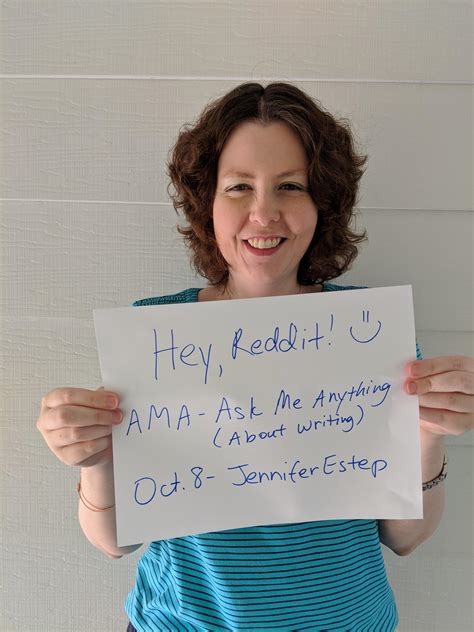A Quote by Judith Martin
The etiquette of intimacy is very different from the etiquette of formality, but manners are not just something to show off to the outside world. If you offend the head waiter, you can always go to another restaurant. If you offend the person you live with, it's very cumbersome to switch to a different family.
Related Quotes
To sacrifice the principles of manners, which require compassion and respect, and bat people over the head with their ignorance of etiquette rules they cannot be expected to know is both bad manners and poor etiquette. That social climbers and twits have misused etiquette throughout history should not be used as an argument for doing away with it.
People say when you're in love, you don't need etiquette. Well, you need it then more than anything. Or they say, "At home I can just be myself." What they mean is they can be their worst selves... They always mean they will save all their anxiety about how to behave for somebody like the head waiter of a restaurant, someone they'll never see again.
One reason that the task of inventing manners is so difficult is that etiquette is folk custom, and people have emotional ties to the forms of their youth. That is why there is such hostility between generations in times of rapid change; their manners being different, each feels affronted by the other, taking even the most surface choices for challenges.
Because I would never work for a niche publication or a niche program on television and because I am a journalist and not an opinion person, my job is to try to see how many different points of view I can represent or how. It's not even a question of who you don't offend because you are always going to offend somebody. The question is how can you get people to listen to the information you have to present.
I have traveled to a lot of places, and you look at another young person who lives under very different circumstances than you but has the same dreams or the same interests or might be better at what I do than what I do. But I was born in a different place, and she was born in a different place. Just for that alone, you're kind of inherently given opportunity. That's something that I'm very grateful for, but I'm also very aware of.
When we believe or say we have been offended, we usually mean we feel insulted, mistreated, snubbed, or disrespected. And certainly clumsy, embarrassing, unprincipled, and mean-spirited things do occur in our interactions with other people that would allow us to take offense. However, it ultimately is impossible for another person to offend you or to offend me. Indeed, believing that another person offended us is fundamentally false. To be offended is a choice we make; it is not a condition inflicted or imposed upon us by someone or something else.
I think there's always some good reason to try and modernize most period things, because at the end of the day, they may have, I suppose, used a different language or a different etiquette, but ultimately, these are still people that loved and breathed and lived and ate and weed and pooed just like we do now.





























